News
Popular searches: Influenza, Childhood cancer, Endometriosis, Inflammation
-
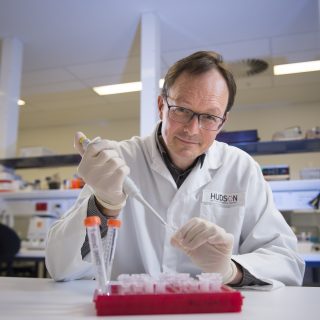
Inheritance—new anti-cancer medication may affect offspring
Could the environment we live in, our diet, the chemicals we use or the medications we take affect the health and development of future generations?… Read more
-
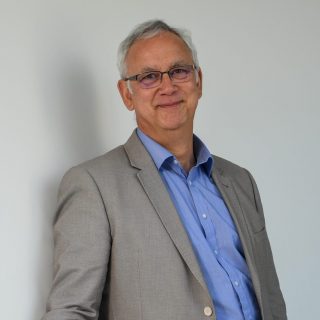
Study reveals potential biological basis for transgender
A new study has uncovered a link between being transgender and changes in genes that process the sex hormones estrogen and androgen, revealing a possible biological basis for gender dysphoria.… Read more
-
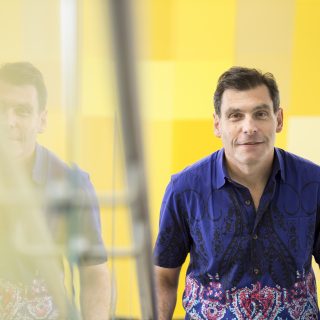
What is H.pylori and how is it linked to stomach cancer?
Pioneering Australian clinicians, Barry Marshall and Robin Warren first reported in 1982 that the stomach bacterium, Helicobacter pylori (H.plylori) causes gastritis and is a major risk factor in peptic ulcer disease and stomach cancer. Marshall and Warren were awarded the Nobel Prize in Physiology or Medicine in 2005 for their discovery, which has resulted in… Read more
-

Sleep hormone offers first treatment in 50 years for preeclampsia
A naturally occurring ‘sleep hormone’ could help prevent early delivery in pregnant women with the life-threatening complication, preeclampsia, a new study has found.… Read more
-
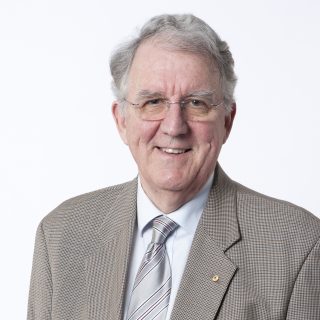
Professor Jock Findlay awarded Honorary Degree
Hudson Institute Distinguished Scientist and reproductive health research leader Professor Jock Findlay, AO, has been awarded an honorary doctorate from The University of Adelaide. Professor Findlay, a graduate of the University of Adelaide, was awarded the honorary degree of Doctor of the University (honoris causa) alongside eminent Australians at a graduation ceremony last week. The… Read more
-
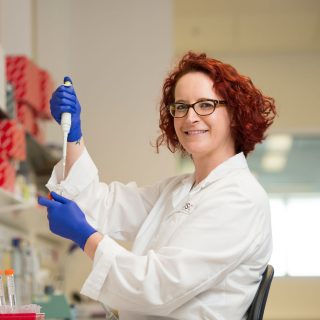
Womb to wounds: menstrual fluid could repair damaged skin
Scientists are demonstrating how the womb’s unique ability to rapidly rebuild itself could be harnessed to heal difficult-to-repair chronic wounds affecting 400,000 Australians.… Read more
-
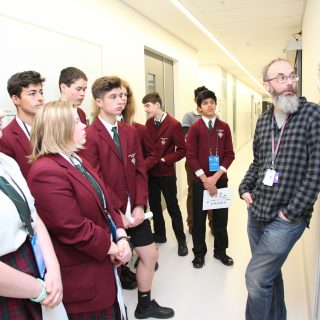
Monash Tech School pilot at Hudson Institute
Monash Tech School students visited Hudson Institute to learn about the technologies that enable life-saving medical research, and the many different careers in science as part of an eight week trial program. Each Wednesday, up to 20 Year 9 students have toured our Technology Platforms and heard from MHTP Strategic Initiatives Manager, Ms Vivien Vasic… Read more
-
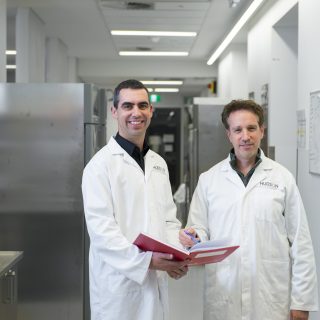
Brain tumour ‘atlas’ provides big data to fight childhood cancer
A collection of data extracted from more than 1000 paediatric brain tumour samples will improve Hudson Institute scientists’ ability to tackle childhood brain cancer through targeted therapies. The new Paediatric Brain Tumour Atlas (PBTA), launched by the US-based Children’s Brain Tumour Tissue Consortium (CBTTC) on Monday, includes data collected from 30 unique childhood brain tumour… Read more
-
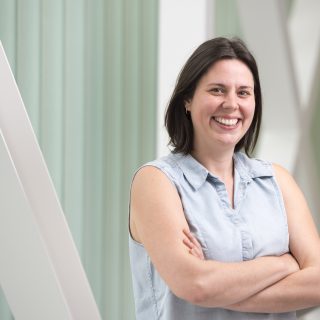
Homebirth or hospital birth? Study weighs up the evidence
Women with healthy, low-risk pregnancies who had a homebirth had comparable rates of stillbirth to those who had a hospital birth.… Read more
-
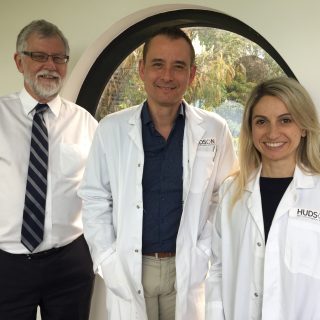
Genetic mutation linked to ‘aggressive’ hormone-driven ovarian cancer
A new study has identified a genetic mutation that could be linked to an aggressive type of ovarian cancer driven by hormones. A team of scientists at Hudson Institute of Medical Research, with collaborators at the Peter MacCallum Cancer Centre and the University of Western Australia, used large-scale genome sequencing to map the tumour genome… Read more
